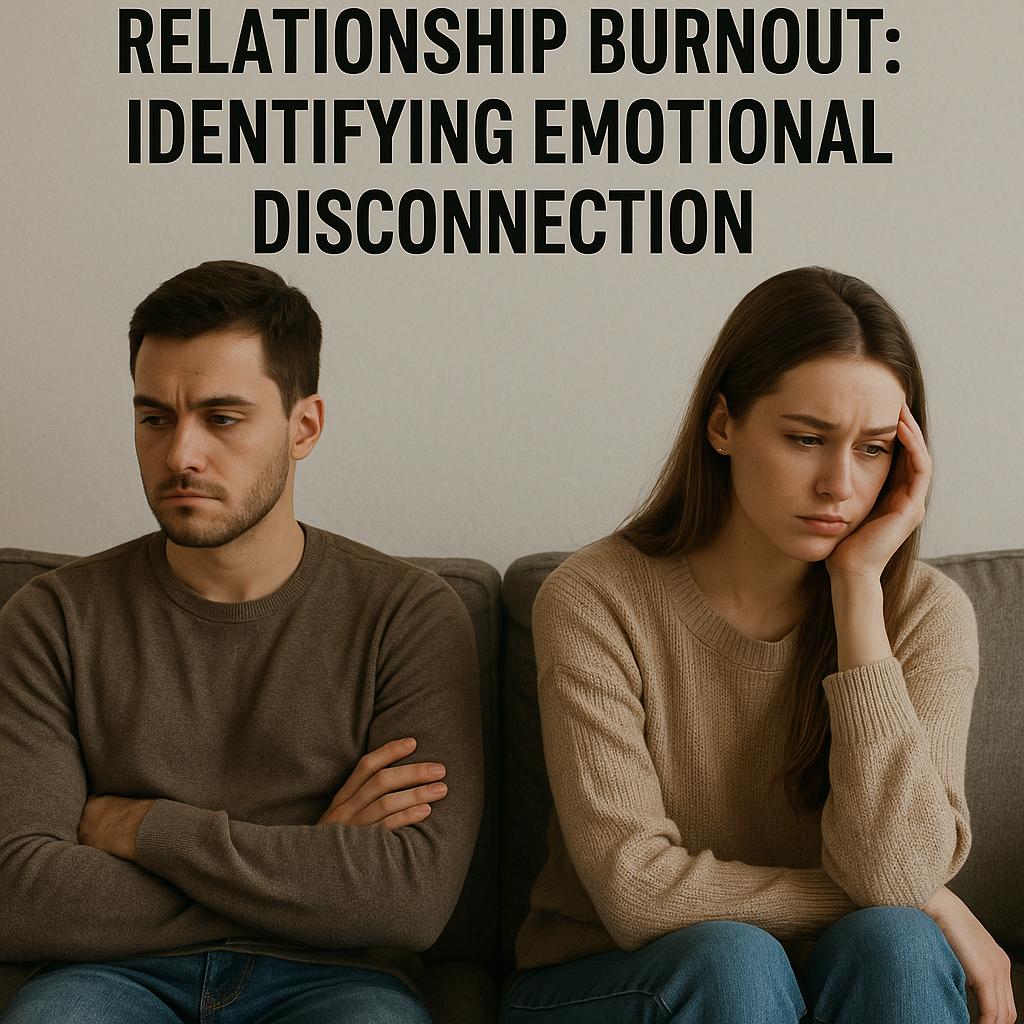Meet Angela. As a frustrated mom, she entered my therapy office and announced, “I’m so frustrated with my son’s challenging behavior! Please help!” This article will demonstrate why punishment and rewards miss the mark and how neuroscience helps parents, caregivers, and educators rethink effective parenting methods with the Collaborative Problem Solving® approach!
The Truth About Punishment and Rewards in Parenting
If you can relate to Angela, you’re not alone. All of us can feel annoyed and frustrated when challenging kids are disruptive, defiant, or disengaged. At first glance, it’s tempting to feel overwhelmed as an adult caregiver and wonder, “Is something wrong with my kiddo?
In the past, well-meaning “experts” led us to believe that a kiddo’s challenging behavior stems from poor choices. They promoted the idea that poor choices had two goals: to get or avoid things. As a result, these “experts” prompted us to rely on rewards and consequences to motivate our kids to try harder and act better.
They argued that these incentive programs motivate kids to comply with adult expectations because, like all humans, “We pursue behaviors that get rewarded and avoid behaviors that get punished.” At first glance, these ideas seemed simple, straightforward, and effective. Yet, recent advances in neuroscience expose large flaws in this prized and widely accepted approach to parenting kiddos.
Neuroscience Debunks Punishment and Rewards in Parenting
Don’t be fooled because decades of neuroscience have exposed the corrosive impact these outdated methods have on 1) the nervous system, 2) brain function, and 3) the parent-child relationship. In fact, today’s neuroscientists view those methods as flawed, limited, and problematic for several reasons:
- They can impair emotional development.
- They hinder brain development.
- They reduce intrinsic motivation.
- They reduce parent-child trust.
- They solve the wrong problem.
- They tend to fuel the challenging behaviors they aim to prevent, leading to bigger psychological problems.
Here’s how these flaws played out in Angela’s life. When she informed her son (in a calm, empathic tone) that consequences followed his misbehavior, she reported that the resulting event was “like pouring gas on a fire,” which only made things worse!
Sadly, I’m not surprised. I hear this type of scenario all too often. The reason? Kiddos with chronically challenging behaviors are tragically misunderstood. And that’s just part of the story.
Unfortunately, Angela’s sleepless nights and explosive son drove her to meet with several professionals, all of whom urged her to:
- Use rewards and consequences
- Be consistent, and…
- “Show him who’s the boss!”
Thankfully, there’s a proven, more accurate way to understand…
- Why these kiddos are so challenging,
- What to do about it, and…
- How to help them thrive.
All that’s needed is a shift in mindset, a different lens for understanding the root cause of unwanted behaviors, and the hidden forces that drive them.
Trust me… doing so can transform how you think about, influence, and relate to kiddos—forever!
Collaborative Problem Solving: A Better Lens For Parenting
Thankfully, when we look through the lens of Collaborative Problem Solving®, we discover what science has revealed for decades. Today’s neuroscientists maintain that the real cause for challenging behavior is not poor choices to get or avoid things. The true culprits are cognitive skill struggles like frustration tolerance, problem-solving, and flexibility—skills we all use to manage behavior!
As an example, when there’s a gap…
- Between adult expectations and…
- The skills a kiddo can utilize to meet those expectations…
…some form of challenging behavior is sure to follow—every time!
Contrary to popular belief, a kiddo’s chronic challenging behavior is a form of communication, not a poor choice. Think of these events as a kiddo’s desperate attempt at saying, “Help. I’m struggling!”
Effective Parenting Addresses Skill Struggles Instead of Unwanted Behavior
Unlike conventional approaches to parenting, Collaborative Problem Solving® believes challenging behavior stems from specific lagging skills kiddos might face. These moments highlight how they manage skills like frustration tolerance, emotional regulation, or cognitive flexibility.
Rather than viewing challenging behavior as a ‘poor choice,’ it’s viewed as kiddo’s adaptive response to stress. The challenging behavior represents the best they have to offer at that moment. Put another way, the unwanted behavior is a kiddo’s urgent S.O.S. message, signaling they are struggling to meet the demands in a social situation, despite two critical elements:
- Age-appropriate expectations
- Knowledge of what’s expected.
If you find this idea intriguing, you’re not alone. When Angel called me, I learned that I was her fourth therapist! Thankfully, many like-minded adults like her have adopted this approach to reduce challenging behavior in their homes and classrooms.
Cognitive Skills Struggle at Home
For your convenience, here are some examples to understand how these skill struggles manifest as challenging behaviors at home:
Emotional Regulation: Imagine a situation where a minor change in plans occurs, like going to the store after school instead of driving straight home. While some children might adapt easily, a child with lagging emotional regulation skills might find the new expectation so troubling that their brain becomes threatened and flooded with cues signaling danger. As a result, they react with intense frustration, tears, or even tantrums because they can no longer think rationally, manage emotions, or trust their ability to have a healthy conversation with others.
Cognitive Flexibility: Consider asking your kiddo to switch from one activity to another, perhaps from coming home from school and starting homework. A child with limited cognitive flexibility might resist this transition vehemently, unable to adapt to the change. The brain’s inability to be flexible in that moment can force, compel, and drive kids to become disruptive, defiant, or disengaged!
Frustration Tolerance: Picture your son attempting a challenging puzzle or task. If he lacks frustration tolerance skills, he might quickly become overwhelmed, throw the puzzle aside, or refuse to continue when faced with a difficult part instead of persistently working through the challenge.
Understanding these challenges as lagging skills—not poor choices—can help us approach the situation with empathy, understanding, and a collaborative mindset. Even more, this brain-based lens empowers us to work together and help kiddos develop these skills over time by identifying specific areas where they need support.
Cognitive Skills Struggles At School
Let’s explore how these same lagging skills can manifest as challenging behavior at school:
Emotional Regulation: In a classroom setting, your child might experience emotional outbursts or disengaging mood swings in response to minor stressors, like not understanding a lesson.
Overwhelmed, your child may struggle to articulate their emotions in class (help, I’m confused), making it challenging for teachers to understand their needs or concerns.
Your child may have trouble calming down independently when upset. As a result, some kids explode, while others implode. An explosive child might throw tantrums, yell, or act out physically. In contrast, an implosive child might withdraw, become silent, or internalize their feelings, appearing calm on the surface while struggling internally.
Cognitive Flexibility: In school, your child may resist moving from one subject or activity to another, even if necessary. This resistance can lead to time management issues and difficulties following the school’s schedule.
Subtle changes in classroom routines or rules might challenge your child. As a result, they may become rigid in their behavior, resisting these changes and struggling to adapt to new expectations.
When presented with academic problems or conflicts with peers, your child might have difficulty considering alternative approaches or viewpoints. This can hinder their problem-solving abilities and social interactions.
Frustration Tolerance: In school, this might translate into your child having difficulty adapting to changes in the schedule, like a surprise assembly or a substitute teacher. As a result, they could become visibly agitated when things don’t go as expected, making it challenging to focus on schoolwork.
Your child might find it tough to wait patiently for their turn during group activities or discussions in class. This impatience could lead to disruptions in the classroom, as they might become agitated, affecting their ability to work in harmony with their classmates.
When faced with assignments or projects that demand sustained effort (complex homework, working with a classmate), a child with limited frustration tolerance may quickly become overwhelmed. This can result in disruptive, defiant, or disengaged behaviors!
Collaborative Problem Solving: A More Accurate Approach To Parenting
Remember, today’s neuroscientists maintain that the real cause of challenging behavior is not poor choices to get or avoid things. The true culprits are cognitive skill struggles.
Understanding why these lagging skills manifest at home and school is essential for parents and educators alike. As Angela considers the Collaborative Problem Solving® approach with me, it empowers her to understand:
- Why challenging behaviors occur—and the specific skill struggles that drive them.
- When they occur.
- How to reduce challenging behaviors.
The paradigm shift from being focused on unwanted behavior to skill struggles is crucial because it empowers parents, caregivers, and educators alike to:
- Build lagging skills, which will…
- Reduce challenging behaviors, which will…
- Increase lasting behavior change, which will…
- Create relational harmony!
Break Free from Traditional Parenting Methods!
As you reflect on your parenting journey, remember Angela’s story and the transformative power of the Collaborative Problem Solving® approach.
It reminds us that challenging behavior often stems from unaddressed or hidden skill struggles, not poor choices. Adopting this compassionate and collaborative mindset can pave the way for a better relationship with kiddos.
If you’re intrigued and eager to learn more about this approach, I encourage you to delve deeper into Collaborative Problem Solving®. It’s a pathway to reducing challenging behaviors without stress, punishment, or fancy reward systems. Best of all, it’s a game-changer!
Effective Parent Counseling in Tustin, CA
If you want help managing chronic, challenging behavior, discover how to transform life in your living room (or classroom) with Counseling in Tustin, Ca. I would love to be your guide!







